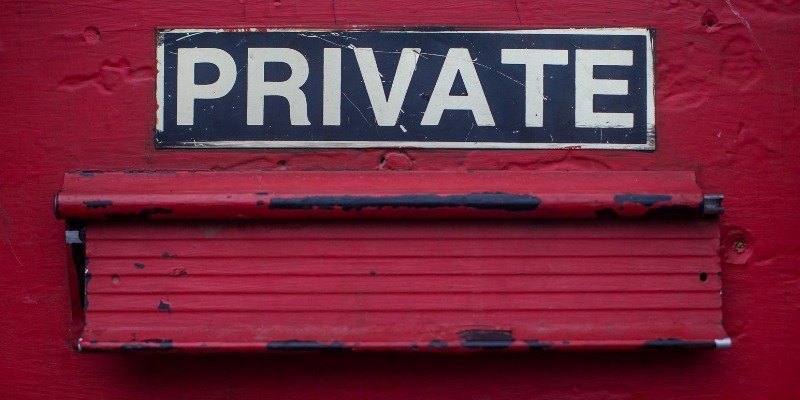New Data Protection Law in Spain
The Congress of Deputies has approved a new consitutional law on data protection and the guarantee of digital rights (LOPD in Spanish). The law includes a number of modifications, designed to guarantee citizens’ rights and legislate the activities of companies and institutions.
The main points of interest in the new law are:
- “Those responsible for social networks and equivalent services will adopt appropriate protocols to enable the exercise of the right to rectification against users who disseminate content that violates the right to honor and personal and family privacy on the Internet or the right to freely communicate or receive truthful information.”
- “Access to the Internet by both women and men will support the quest to overcome the personal and professional gender gap.”
- “Internet access should help to overcome the generation gap. This will be achieved through initiatives focusing on training and internet access for the elderly.”
- When data is used for multiple purposes, “this must be specified clearly, and consent must be required for all these purposes.” Further, contracts must not be subject to the user’s consent to the processing of personal data for purposes that do not correspond to the contractual relationship.
- There will now be partial regulations obliging businesses to allow employees to disconnect digitally, to guarantee employees the right to “respect of their free time, sick days and holidays, as well as their personal and family privacy.”
- To support the right to privacy and anonymity, the law now establishes that everyone has the right to require that search engines remove from search results all published links that could be considered “inadequate, inaccurate, irrelevant, outdated or excessive, or that have become so over time”.
- Furthermore, the law now states that “every person has the right to have the personal data that he/she facilitated for publication by social network services or equivalent services to be deleted at his/her request”.
- With regard to minors, the Data Protection Law now states that the processing of a minor’s personal data may only be based on their consent when they are older than fourteen.
Legal Notice: Since legal advice must be tailored to the specific circumstances of each case, and laws are constantly changing, nothing on this article should be used as a substitute for the advice of competent legal counsel. The content on this article is offered only as information and does not constitute solicitation or provision of legal advice. You should always consult a suitably qualified lawyer regarding any specific legal problem or matter.
© 2019 Duguech & Dip, S.L.P. – All rights reserved
